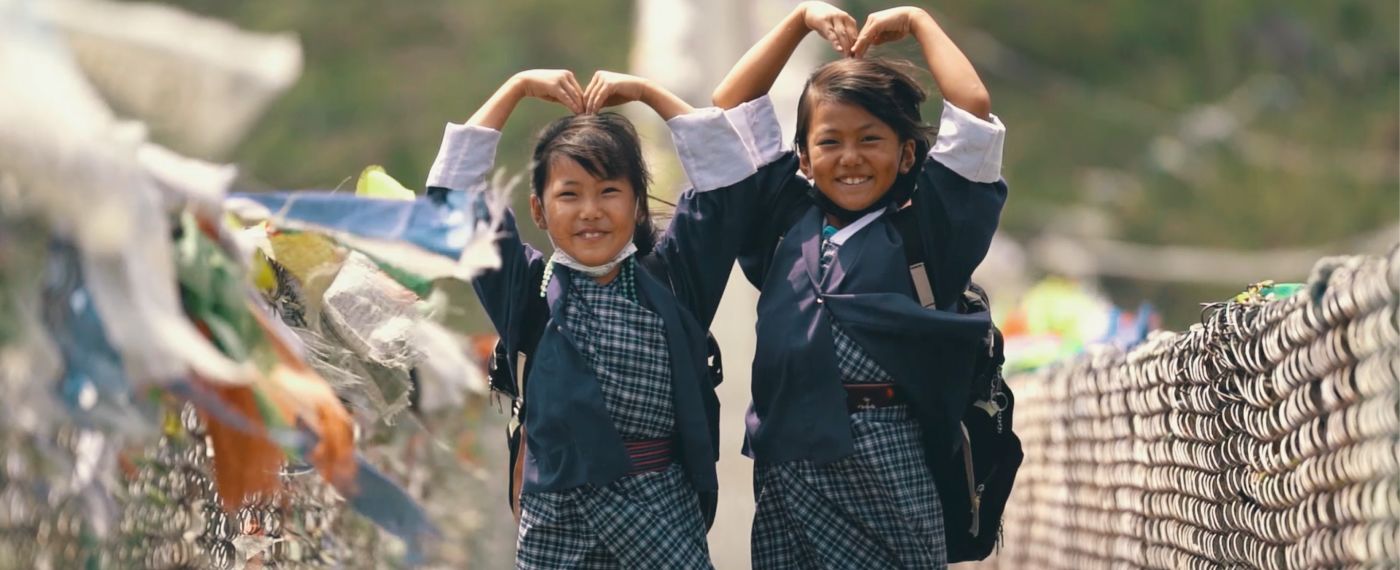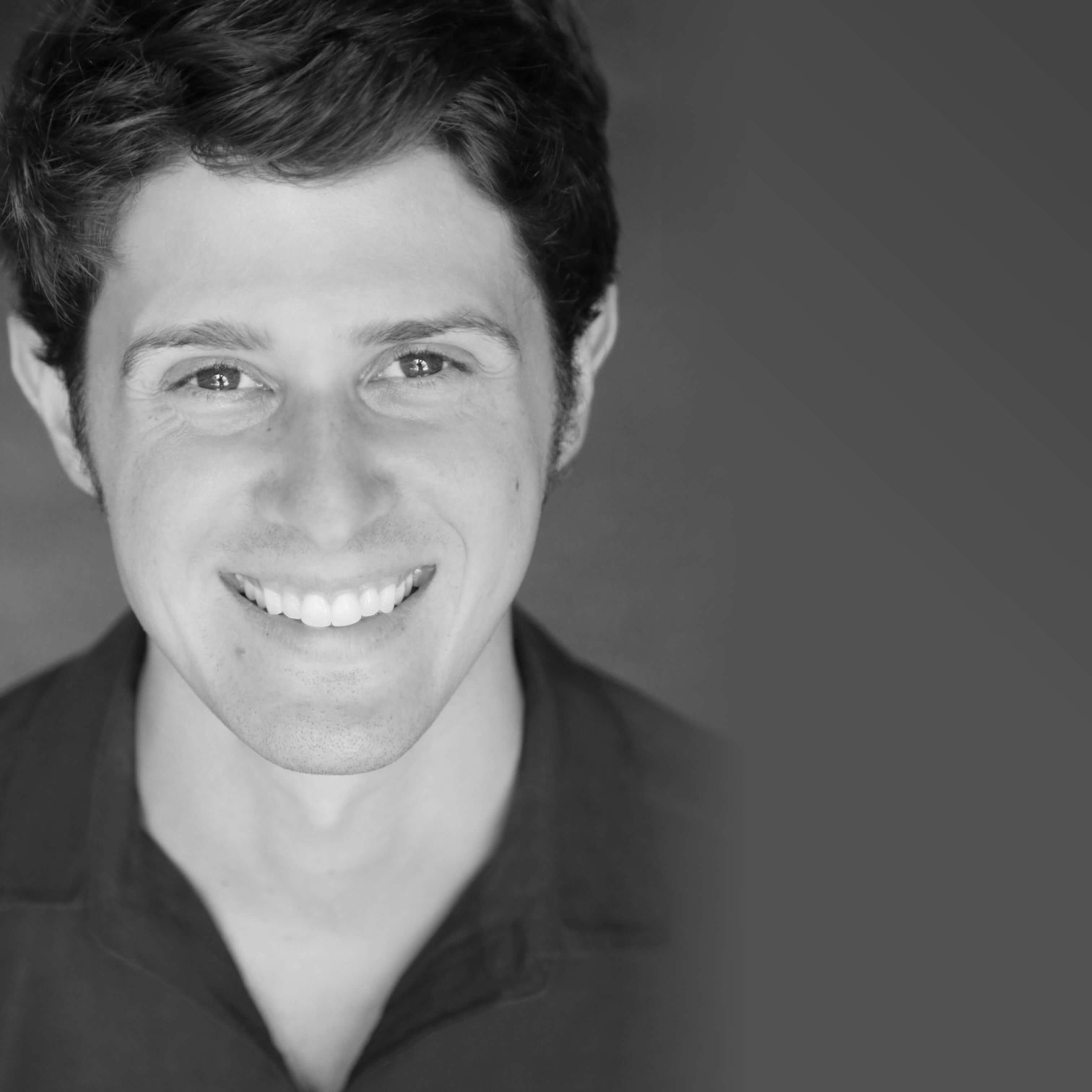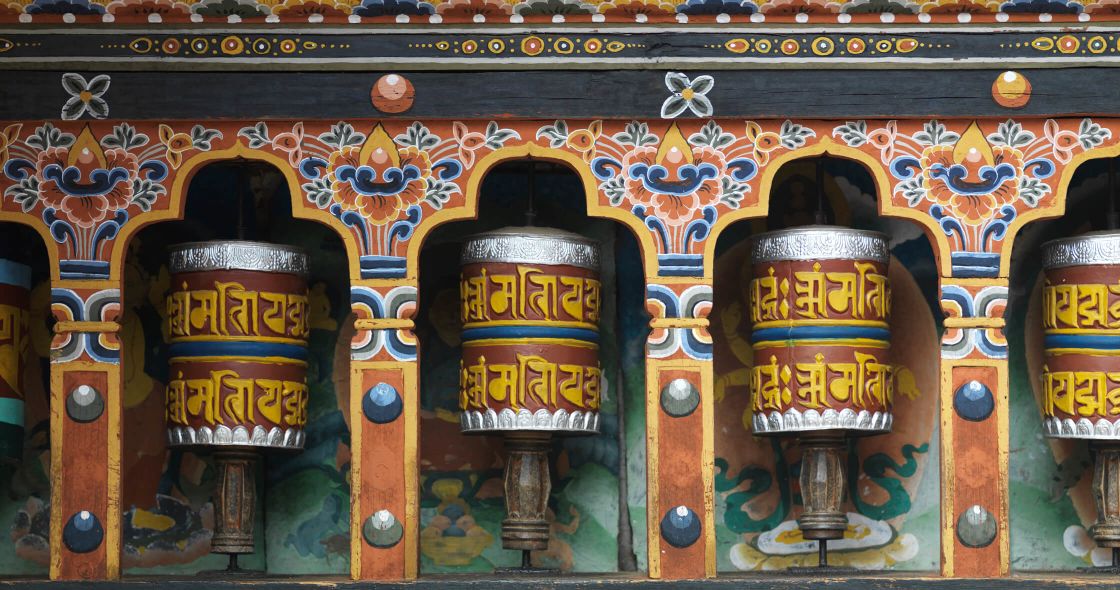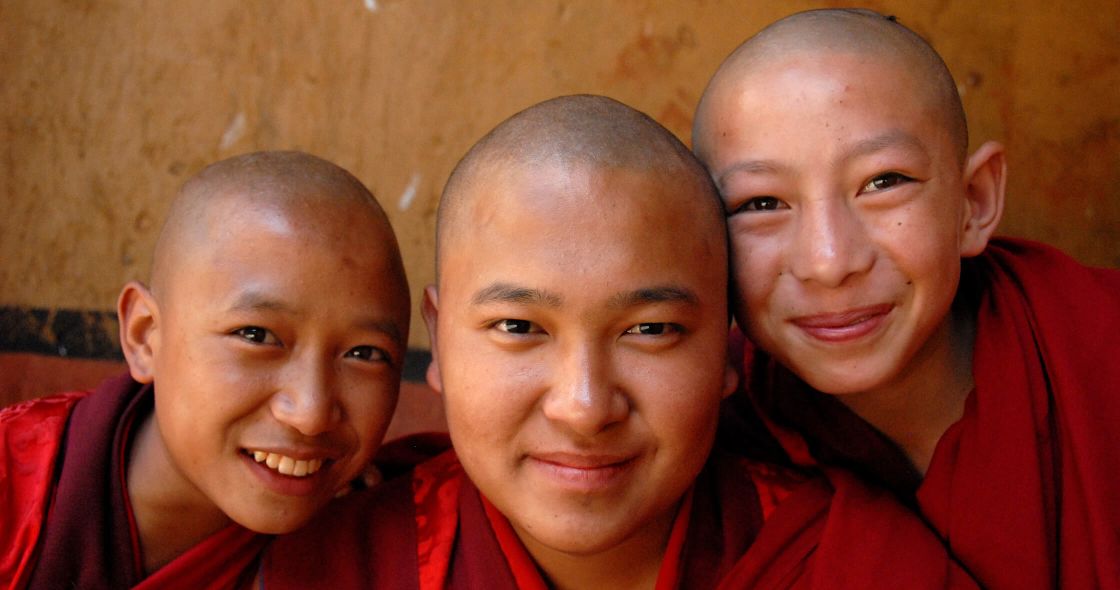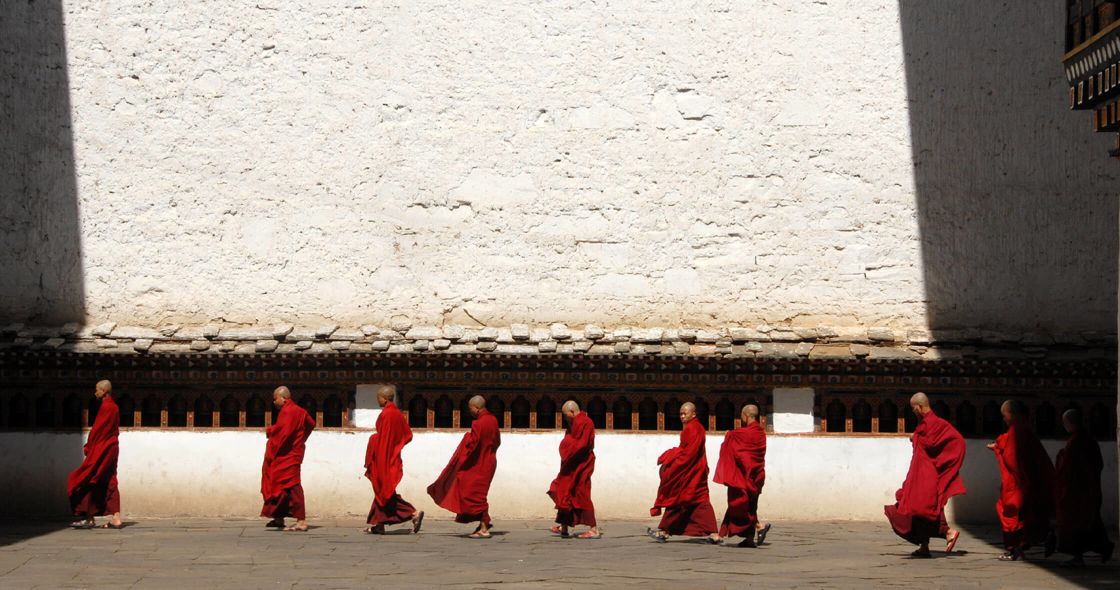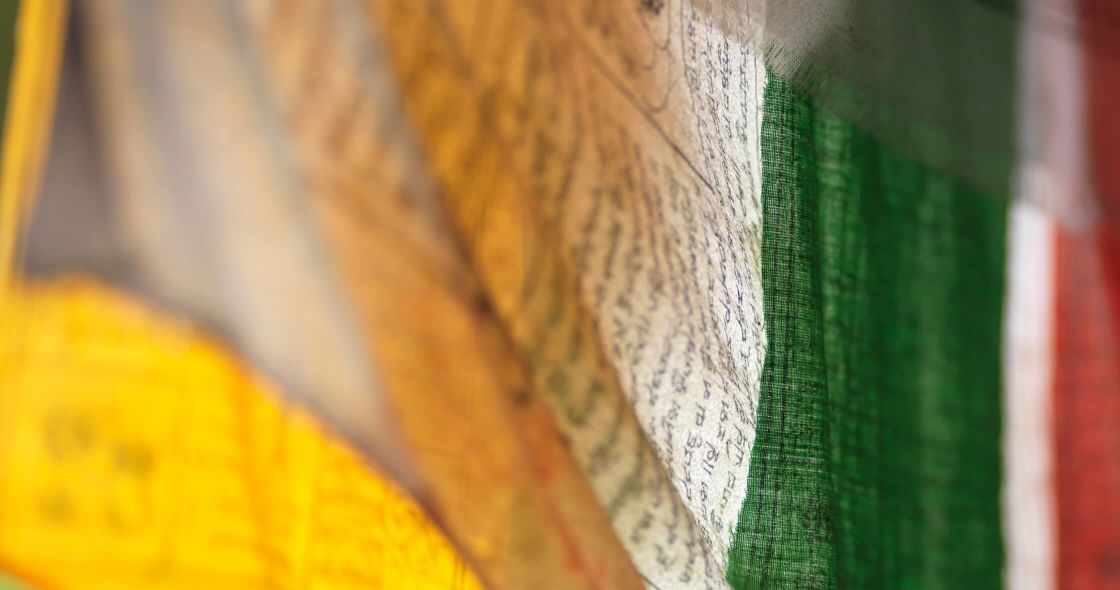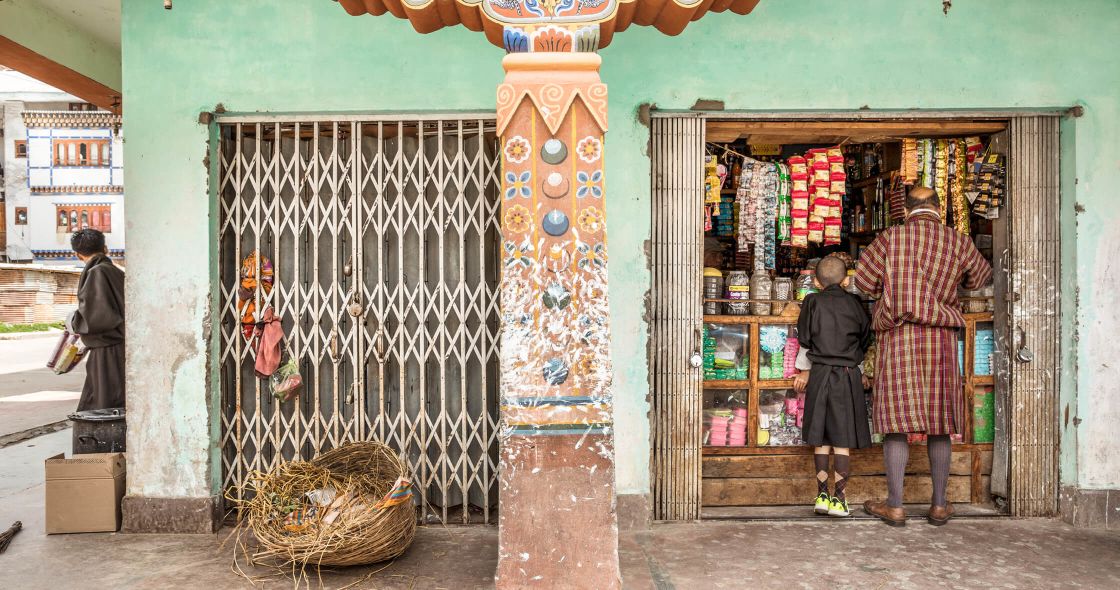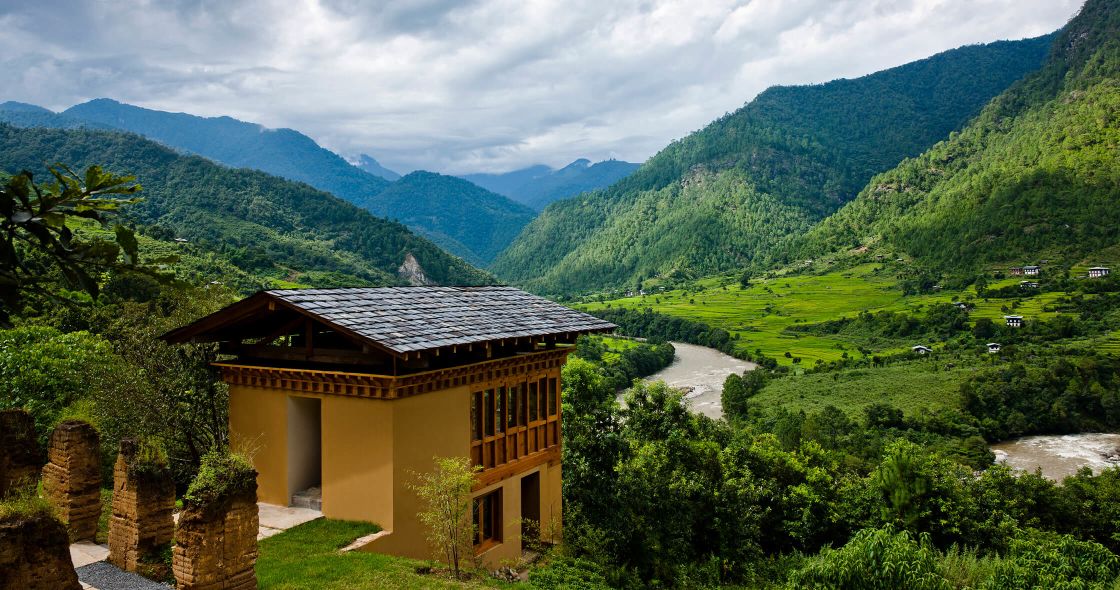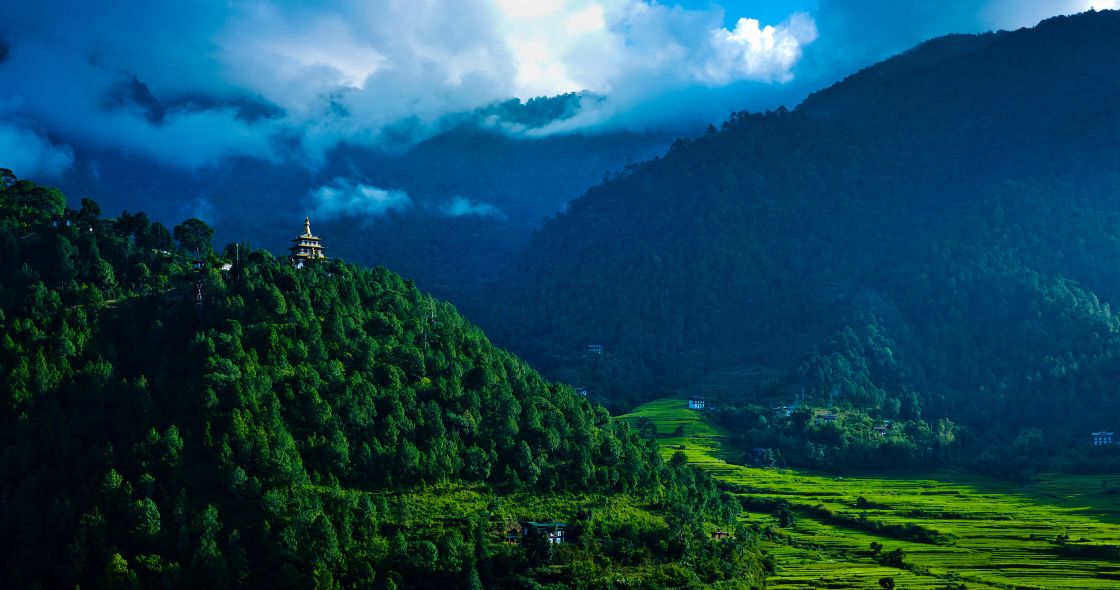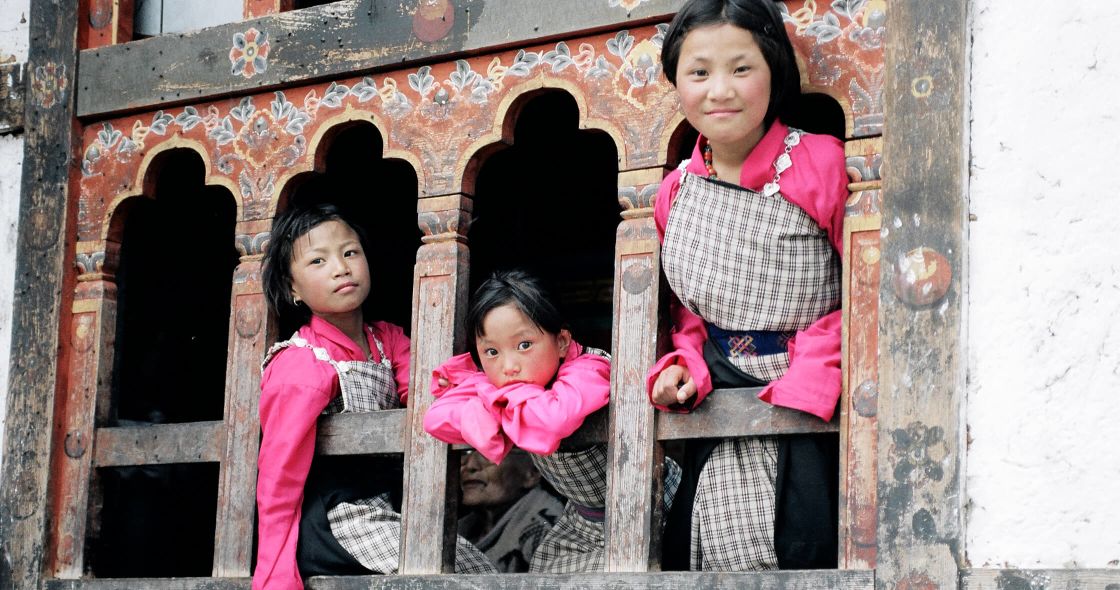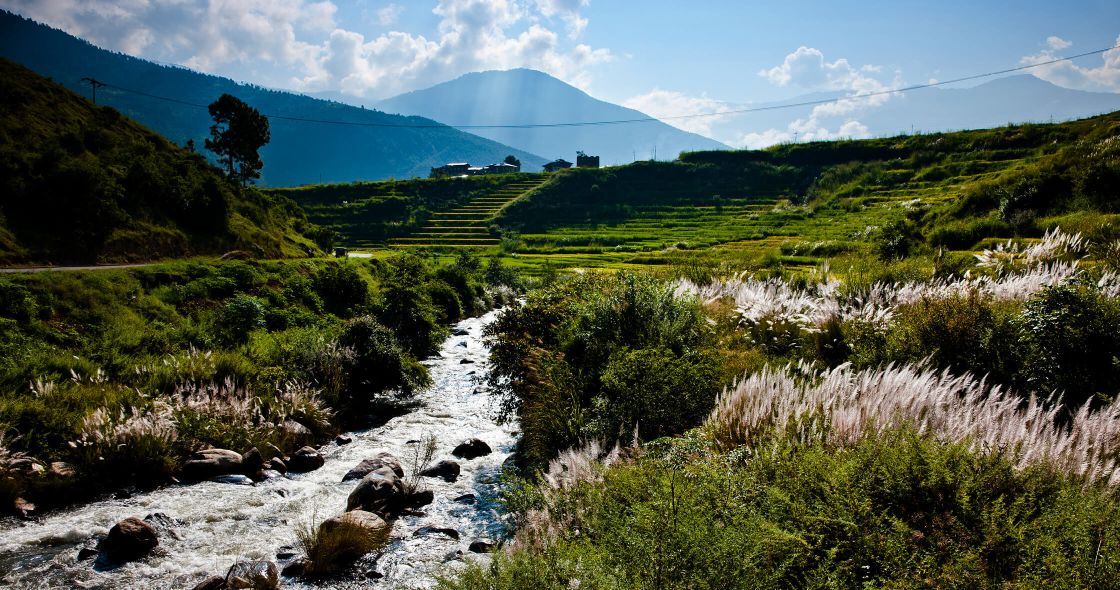CATHERINE FAIRWEATHER [CF]: Daniel, where did The Contentment Foundation have its genesis?
DANIEL CORDARO [DF]: I have a PhD in emotional psychology, and was a faculty member at Yale University, teaching psychology. In 2012, there was a tragic school shooting in Connecticut. Sadly, these kinds of events are a regular occurance in the United States. It’s devastating for our local schools and communities. And unfortunately nobody, then, at Yale had anything of practical value to contribute to abate the trauma, because academics work in the arena of theory, right?
